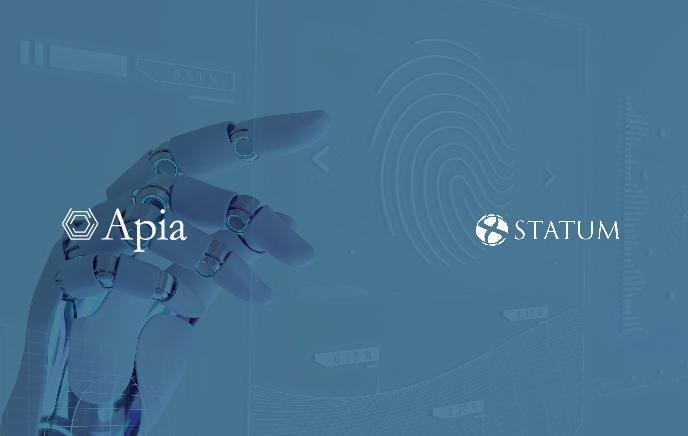El Instituto Nacional de Colonización se suma al expediente electrónico
Resumen:
El 25 de julio de 2011 tuvo lugar la implantación de esta herramienta para la gestión de expedientes y procesos en el organismo gubernamental.
Información:
Para llevarlo adelante, se implantaron seis procedimientos previamente definidos y documentados en la modalidad de ruta fija (los cuales fueron integrados con el Sistema de Gestión y Desarrollo de Colonias -SGDC-) y los expedientes en modalidad de ruta libre.
El software facilitó la ejecución de los procesos de cambio de titularidad de una fracción de tierra, el recibimiento o entrega de fracciones y la gestión de llamados para su otorgamiento.
El INC es una institución encargada de la administración de tierras uruguayas, fomentando programas de desarrollo rural, gestión de recursos, políticas sociales, económicas y ambientales que promuevan la producción. Luego de que el organismo adquiere tierras son adjudicadas posteriormente a familias de productores o asalariados rurales que le generan valor, también conocidos como "colonos".
Al tratarse de una administración estatal (concretamente un ente autónomo), el volumen de información manejado a diario es muy extenso (datos técnicos, estadísticos o personales por ejemplo) adicionando de igual modo la condición de que las oficinas de distintos organismos ya no pueden trabajar aisladas, sino que precisan de la interconexión y descentralización. El INC no contaba con una plataforma capaz de gestionar las funciones concernientes a la administración y reglamentación de los terrenos, un tema crucial en Uruguay por su larga tradición vinculada a la problemática del reparto de tierras, presente en las insurrecciones y en los procesos económicos más importantes que marcaron nuestro devenir histórico. Asimismo, muchas de las dependencias de este organismo continuaban utilizando el Sistema DOS con mecanismos automatizados y otros sin automatizar. Era necesario que todas las funciones empresariales se articularan en un proceso integral para el mejor manejo de la información.
La entrada en producción de la plataforma se efectuó con aproximadamente 20.000 expedientes que resultaron de la migración del sistema de seguimiento con el que contaba el organismo. En la primera semana, fueron creados 26 expedientes de ruta libre y se realizaron más de 600 movimientos de expedientes no solamente de la casa central, sino también de las oficinas regionales dispuestas en el interior del país.
De la misma forma, se puso a disposición una mesa de ayuda conformada por funcionarios del organismo, encargada de responder todas las dudas e inconvenientes que pudieran surgir con la implantación del expediente electrónico. Por lo tanto, STATUM se hace presente una vez más en la construcción de los pilares del gobierno electrónico y en la facilitación de una herramienta capaz de acelerar las gestiones y procesos, promoviendo la responsabilidad administrativa, social y mejorando en este caso el ejercicio de la participación y control ciudadano agrario-local.





Comentarios (0)
Deja un comentario